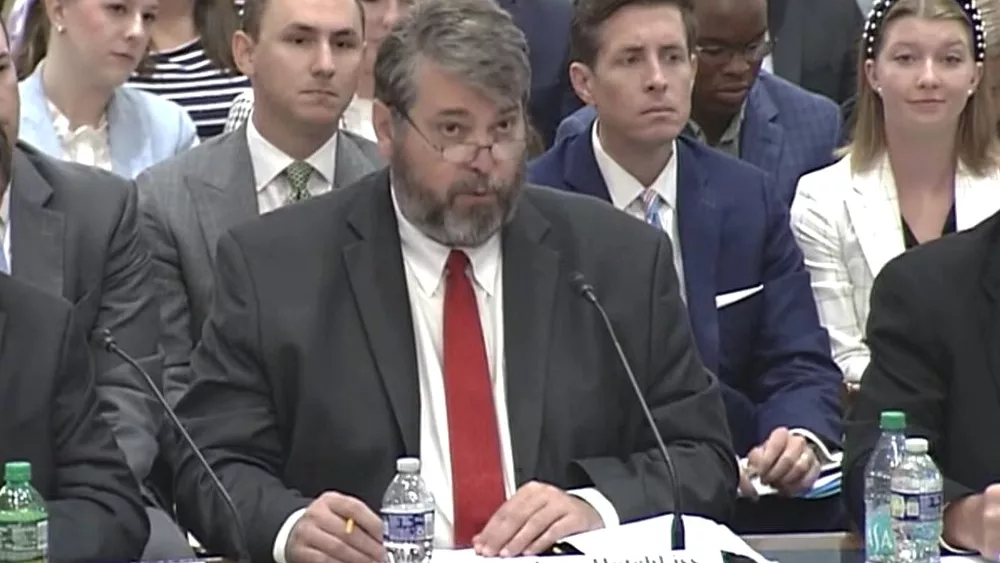The National Pork Producers Council (NPPC) presented their top policy priorities during a discussion held this week at the 2024 World Pork Expo in Des Moines, Iowa.
Preparing for and preventing foreign animal diseases (FADs), navigating challenges posed by California Proposition 12, increasing market access programs for U.S. pork, and protecting herd health are the key priorities that NPPC has advocated for within the Farm Bill.
Overall, producer-leaders and experts highlighted the need to work with both sides of the aisle to support America’s pork producers.
“Having a proactive, producer-focused advocacy plan has enabled NPPC to elevate our common interests to impact inclusions in the 2024 House Farm Bill,” said NPPC President Lori Stevermer, a pork producer from Easton, Minnesota. “We appreciate our legislators addressing the issues facing the agriculture industry because they hold real-world implications for farms across the country.”
Dr. Anna Forseth, NPPC director of animal health, highlighted the importance of preserving FAD risk and prevention programs, which include National Animal Vaccine and Veterinary Countermeasures Bank; National Animal Health Laboratory Network; National Animal Disease Preparedness and Response Program; and National Veterinary Stockpile.
“Pork producers continue to face threats from foreign animal disease like African swine fever,” Forseth said. “Farm bill funding can address these risks and help mitigate an outbreak that could lead to billions of dollars in losses, food shortages, and immediate closure of export markets.”
Chase Adams, NPPC assistant vice president of domestic policy, discussed the complications created by California Proposition 12 in potentially opening the door to a web of 50 different, often conflicting, standards on how food is produced. “NPPC urges Congress to adopt a legislative solution in the farm bill to mitigate further impacts to both farmers and consumers,” he said, noting the legislation has led to price spikes as high as 41% for fresh pork in California and is negatively impacting consumers.
Additional resources are needed for feral swine eradication, authorization of the National Detector Dog Training Center, and funding for the USDA’s Market Access Program (MAP).
“Exports create significant opportunities for the U.S. pork industry. USDA’s MAP program is designed to build commercial export markets for U.S. agricultural products,” said Maria C. Zieba, NPPC vice president of government affairs. “NPPC values the role international marketing plays in developing markets for U.S. pork.”
As the pork industry continues to bounce back from historic economic losses, producers need certainty and peace of mind in other areas of their businesses.”
“NPPC continues to work on a range of policy issues that protect herd health and safeguard producers’ farming businesses,” said Bryan Humphreys, NPPC CEO. “As it relates to ongoing discussions around the farm bill, we want to continue the momentum set by inclusions in the House version and encourage Congress to finalize a bipartisan bill this year that reflects the needs of pork producers.”
For additional information, visit www.nppc.org/wpxmedia.







